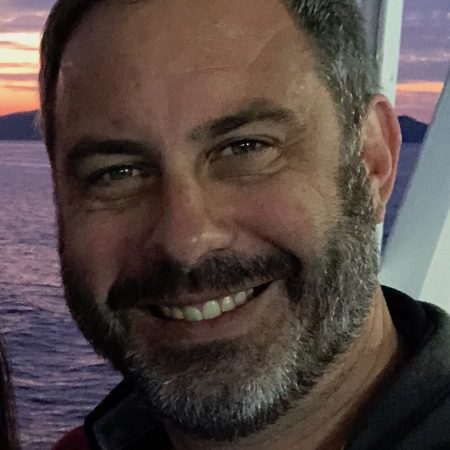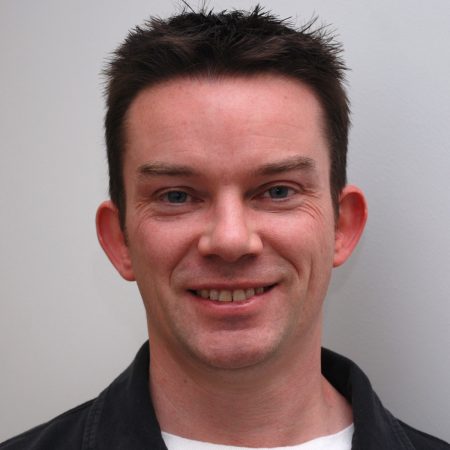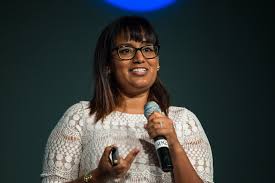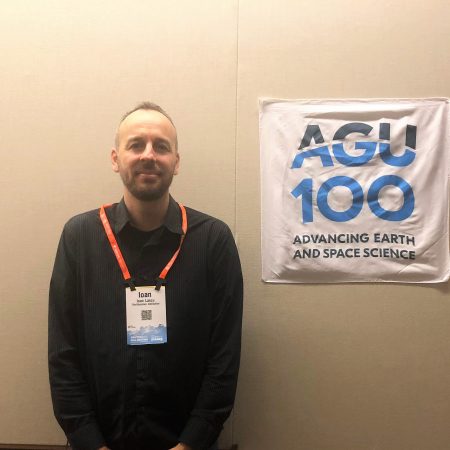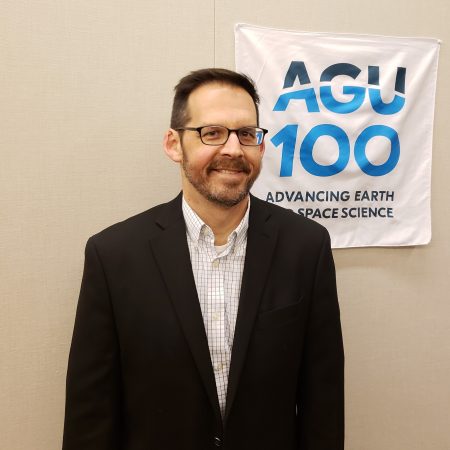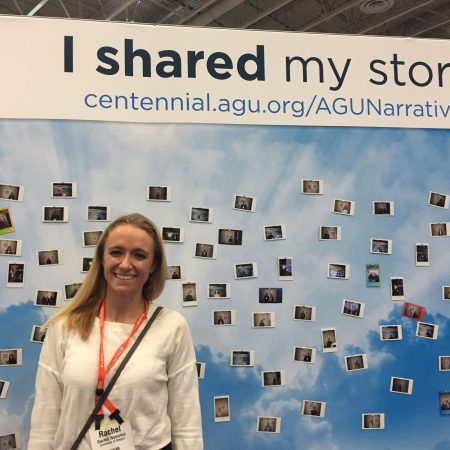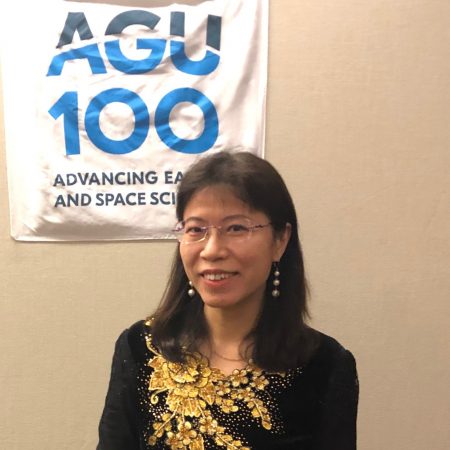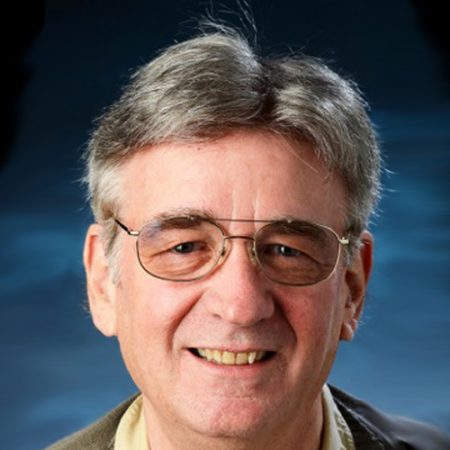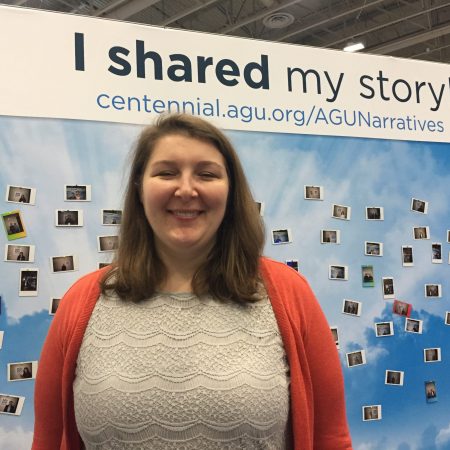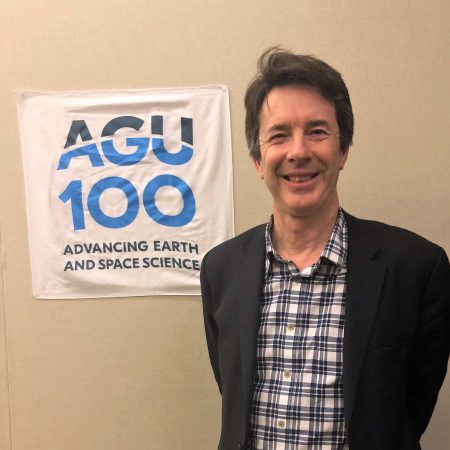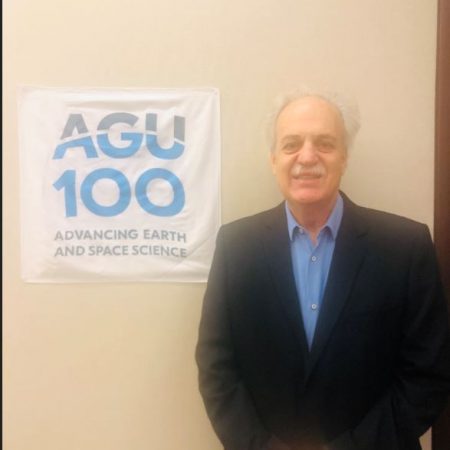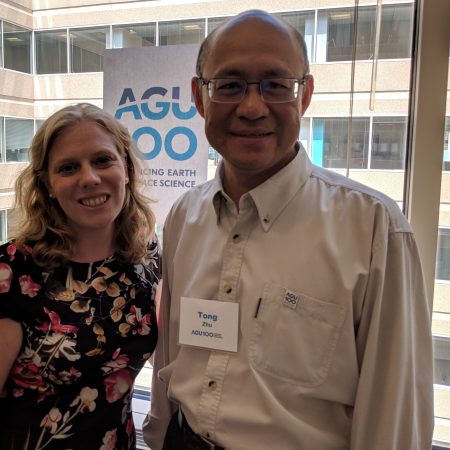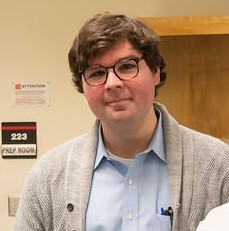Refine
Date Range Clear
Recorded by Clear
Keywords Clear
Partnerships Clear
- 2023 Mobile Tour 3
- Voices of Freedom 3
- Albuquerque, NM 2
- El Paso, TX 1
- UT Austin: McCombs School of Business 1
Organizations Clear
- American Geophysical Union 67
- NASA 18
- National Aeronautics and Space Administration 9
- The American Geophysical Union 5
- AGU 4
- 29 more
Places Clear
- AGU 2018 Fall Meeting 167
- Washington DC 165
- AGU 2019 Fall Meeting 22
- San Francisco 20
- AGU 2017 Fall Meeting 5
- 103 more
Languages Clear
Initiatives Clear
Jeremy Werdell, an Oceanographer in the Ocean Ecology Laboratory at NASA Goddard Space Flight Center, discusses his lifelong passion for studying the ocean, which started with a school field trip to a marine biology lab. He describes how happening to...
Conor Nixon, a space scientist at NASA--Goddard Space Flight Center, discusses his work studying the outer planets. Watching the Cosmos show growing up interested him in the solar system and he's been studying the outer planets most of his life....
Dr. Gupta was unsure of what she wanted to work on after finishing medical school, but she found her calling and is now the Open Innovation and Community Applications manager at NASA headquarters. Listen to Dr. Gupta talk about her...
In this inspiring interview, Becca Barnes, Bianca Rodriguez-Cardona, Evelyn Valdez-Ward, and Ben Sulman, four early-career biogeoscientists come together to share their reflections on what it means to be a scientist today. How can scientific knowledge be spread on social media?...
Ioan Lascu, research geologist at the Smithsonian Museum of Natural History, shares stories of his work studying minerals and rock magnetism. What do bacteria affect magnetism? What can we learn from stalagmites and stalactites? Why has there been in a...
Steven Pawson, Chief of the Global Modeling and Assimilation Office at NASA Goddard Space Flight Center, shares his experiences working on atmospheric and Earth systems science, including interactions between the Ozone Layer and climate change, and predicting air quality for...
Lawrence Friedl discusses his life and experiences as Director of the Applied Sciences Program in the Earth Science Division at NASA Headquarters. Interested in space from a young age, he developed an interest in how the environment and public policy...
Rachel Hampton ended up in the geosciences because she couldn’t find the art history class she was looking for. From asking a TA if she could join him on fieldwork to doing her senior thesis on volcanoes without a professor...
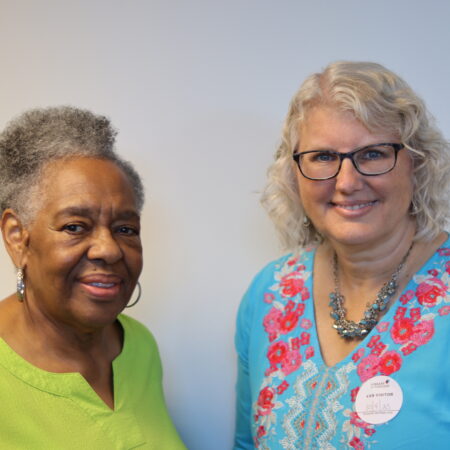
One Small Step partners Valerie Robnolt (56) and Susie Perry-Fikes (81) have a conversation about their paths in their careers, their experiences with politics in their families, and conservatives in their families.
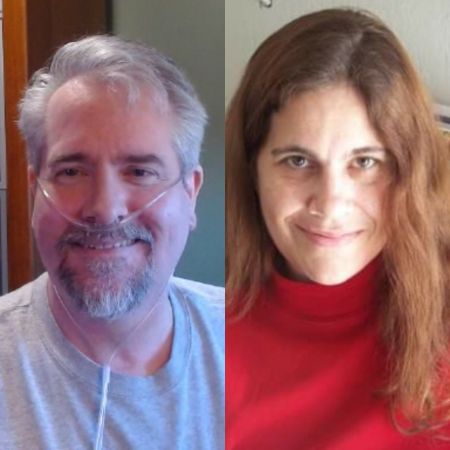
One Small Step partners Michelle Shaffer (56) and Matt Rolf (44) find they have both had to learn to walk again, being disenchanted with the two party system, and the possibility of a revolution.

One Small Step conversation partners Clay Adair (38) and Daryl Juran (70) sit down for a conversation about their , their career paths, taxes, and the news media they take in.
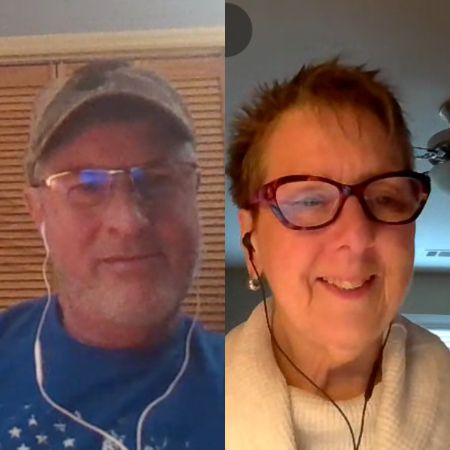
One Small Step partners Susan "Sue" DeCrescenzo (71) and Reb Sauls (58) discuss their degrees and career paths in common, their journeys with the church and religion, and the American Dream.
Paul Newman, Chief Scientist for Earth Science at NASA Goddard Space Flight Center and the co-chair to the Montreal Protocol, is one of the planet’s top ozone watchdogs – a self-described detective who looks for any chemicals which may deplete...
David Crisp, senior research scientist at NASA, recounted his adventures, from going from a physics education major who had a paper on Venus winds published by Carl Sagan to a doctoral student at Princeton to helping fix Hubble. He described...

Paul Hobson (70) talks with his wife Victoria Hamilton (68) about his early life as an artist working for Bauhaus master Herbert Bayer, how those experiences informed his later work as a designer, and how meeting his wife changed his...
Mei Zheng studies and teaches atmospheric science at Peking University. She’s passionate about training the next generation of scientists, and ensuring that everyone has access to clean air. “A teacher’s job is to encourage, inspire, and challenge students to do...
Don Boesch shares his story in science policy with Eric Davidson. Bringing together his experiences from marches on the Vietnam war to his recent march experiences in 2017 for science and climate. Reflecting on the importance of these events and...
Michael King is a Senior Research Associate in the Laboratory for Atmospheric and Space Physics at the University of Colorado. He previously worked at NASA for 3 decades in a variety of roles, including Senior Project Scientist of NASA’s Earth...
Erica Bickford’s advice to early career scientists or students is to look outside academia and explore all the potential career options available to scientists. She is particularly aware of the importance of science in daily life and in the policy...
Chris Ballentine, University of Oxford, discusses his work as "helium hunter," seeking global reserves of Helium, significant as a natural resource-limited in its scope. Chris discusses geopolitics and the need for the market to drive the search for helium which...
Emily Schaller, project manager at NASA's National Suborbital Research Center at Ames, discusses her Ph.D. work studying the clouds on Titan and her work as a science and education. She recalled how as a young child, she would study illustrations...
Carlos Nobre is a climate scientist with the Institute of Advanced Science in Brazil. Together with twelve hundred scientists, he organized the largest scientific experiment in the Amazon forest, with eleven research towers analyzing water vapor, carbon dioxide, energy balance,...
Tong Zhu atmospheric chemist and university professor shares his experiences studying air pollution and its impacts on human health. Reflecting on how past discoveries influence solutions and how those solutions impact government policy. He shares stories about his work for...
Rafael Loureiro may confess to being an introvert, but he has no fear of people. He started off talking about AGU’s Voices of Science bootcamp, which he is participating in this year to develop his spokesperson skills. That segued into...
